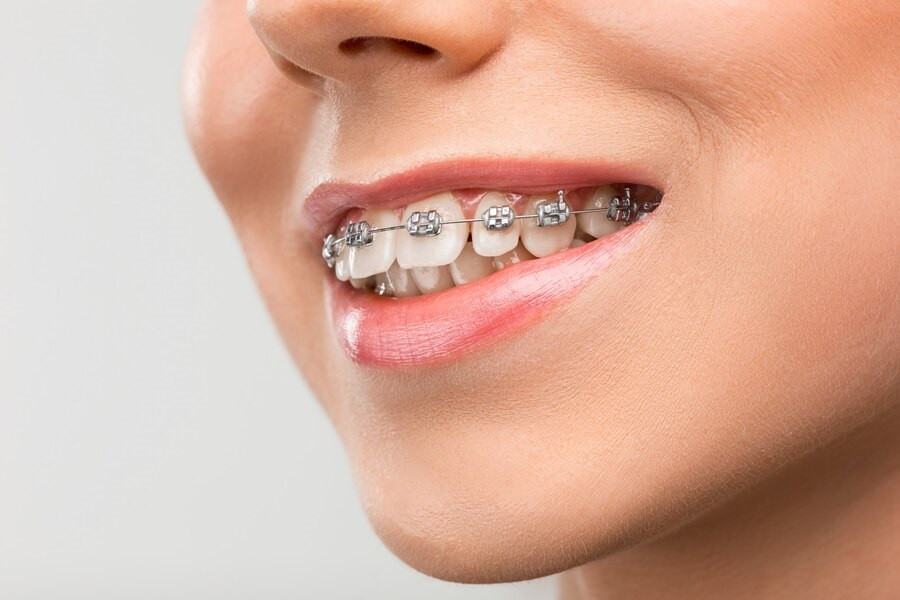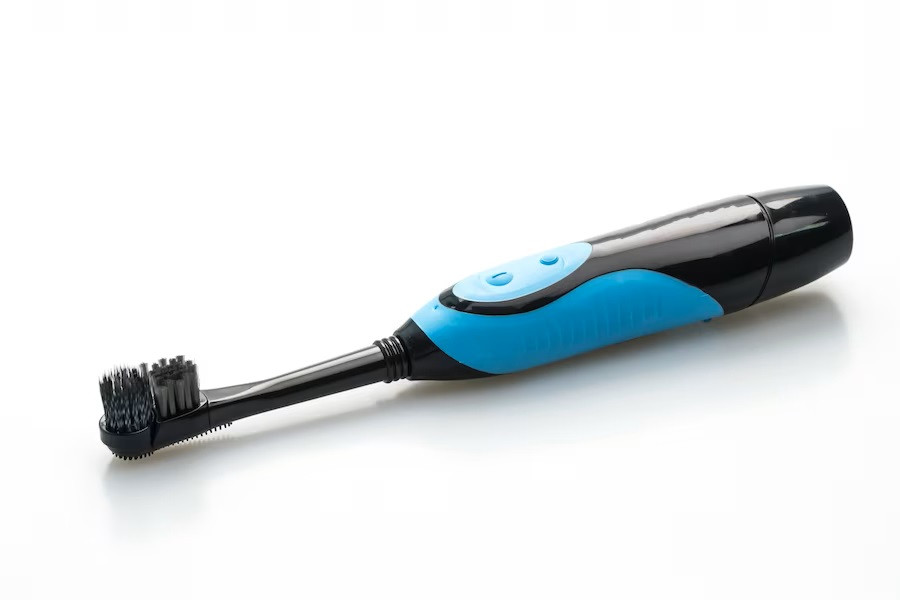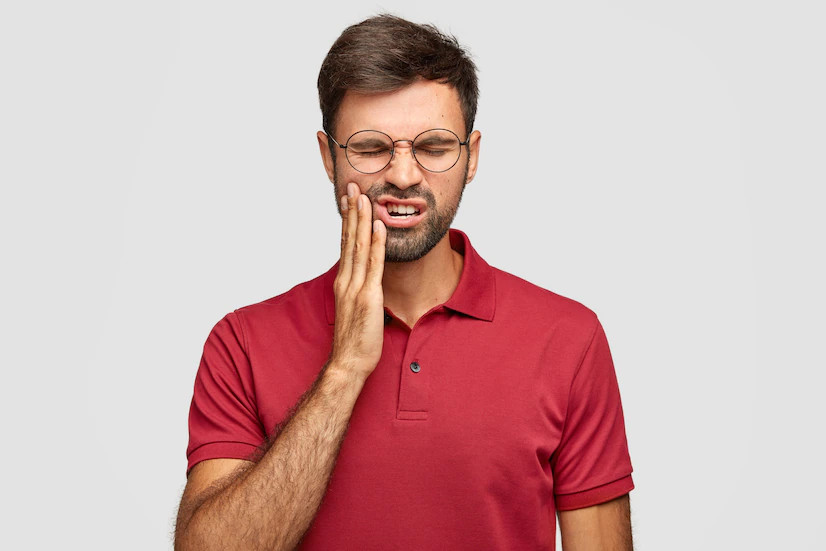Kawat gigi (behel) digunakan untuk memperbaiki masalah gigi, seperti gigi berjejal, bengkok atau terlalu renggang. Kawat gigi biasanya terbuat dari berbagai macam pilihan bahan, seperti stainless steel, keramik atau plastik. Kawat ini akan memberi tekanan pada gigi yang memungkinkan gigi bergerak ke posisi yang diinginkan.
Efektivitas kawat gigi biasanya cukup tinggi dalam mengoreksi masalah gigi dan rahang. Namun, keberhasilannya bergantung pada kapan perawatan ini dimulai dan bagaimana perawatan yang dilakukan sepanjang proses berlangsung.
Manfaat Pemasangan Kawat Gigi
Salah satu manfaat utama kawat gigi adalah memperbaiki estetika gigi dengan meratakan gigi yang bengkok atau berjejal. Dengan bantuan kawat gigi, gigi yang tidak teratur secara perlahan akan bergerak ke posisi yang tepat seiring waktu. Perawatan dengan kawat gigi membantu mengembalikan fungsi gigi yang tepat seperti menggigit, mengunyah dan berbicara. Bila sebelumnya gigi tidak sejajar dan rahang tidak seimbang, kawat gigi dapat membantu memperbaikinya.
Selain itu, walaupun bukti ilmiahnya masih kurang, kawat gigi khusus (occlusal splint) menjadi salah satu pilihan terapi dalam meredakan nyeri akibat gangguan sendi rahang (TMJ, temporomandibural joint). Penggunaan kawat gigi juga meningkatkan kualitas hidup secara keseluruhan. Dengan senyuman yang lebih baik, Anda akan merasa lebih percaya diri dan nyaman baik dalam berbicara maupun tertawa.
Baca Juga: Komplikasi yang Terjadi Bila Gigi Berlubang Dibiarkan Tanpa Perawatan
Efek Samping Pemasangan Kawat Gigi
Kawat gigi memiliki efek samping yang biasa dialami siapa saja. Efek samping ini biasanya hanya sementara, namun perlu ditangani dengan baik agar tidak mengganggu kenyamanan.
Efek samping pemasangan kawat gigi di antaranya:
Ketidaknyamanan sementara
Salah satu efek samping utama dari pemasangan kawat gigi adalah rasa tidak nyaman. Keluhan ini bisa dialami dalam beberapa hari sampai Anda menyesuaikan diri. Ketidaknyamanan umum dirasakan sebagai bagian alami dari proses pergeseran gigi ke posisi yang ditentukan.
Iritasi
Ketika pertama kali memasang kawat gigi, ada kemungkinan terjadinya iritasi pada jaringan lunak di sekitar gigi seperti lidah, bibir, atau pipi bagian dalam. Biasanya dokter akan menambahkan pelindung gigi yang lembut untuk mengurangi gesekan atau risiko iritasi.
Baca Juga: Cara Menyikat Gigi yang Benar Jika Menggunakan Kawat Gigi
Nyeri rahang
Beberapa orang mungkin merasa kaku atau nyeri di rahang terutama setelah prosedur pengetatan kawat gigi. Reaksi ini wajar dialami dan biasanya akan berkurang seiring waktu. Untuk mengurangi rasa nyeri, dokter akan meresepkan pereda nyeri sehingga Anda tetap merasa nyaman.
Kesulitan makan
Karena harus menyesuaikan diri selama beberapa hari setelah pemasangan kawat gigi mungkin Anda akan mengalami kesulitan makan terutama makanan yang teksturnya keras atau lengket. Disarankan untuk mengonsumsi makanan yang lebih lunak dan menghindari makanan yang terlalu keras untuk mencegah kerusakan pada kawat gigi.
Sangat penting untuk berbicara dengan dokter gigi terkait ketertarikan Anda akan perawatan kawat gigi. Dokter akan membantu menilai apakah dalam kasus Anda perlu ada penggunaan kawat gigi. Selain itu, perawatan kawat gigi membutuhkan pemeliharaan yang baik sehingga Anda perlu meminta nasihat dan tips cara merawat gigi selama penggunaan kawat gigi.
Memiliki masalah atau keluhan gigi lainnya? Anda bisa memanfaatkan layanan konsultasi kesehatan dengan mengunduh aplikasi Ai Care melalui App Store atau Play Store.
Mau tahu informasi seputar penyakit lainnya? Cek di sini, ya!
- dr Hanifa Rahma
Cleveland Clinic (2023). Teeth Braces. Available from: https://my.clevelandclinic.org/health/treatments/24601-teeth-braces
Kathryn Watson (2019). How Braces Straighten Teeth in Children and Adults. Available from: https://www.healthline.com/health/how-do-braces-work
NHS UK (2022). Braces and orthodontics. Available from: https://www.nhs.uk/conditions/braces-and-orthodontics/
Cleveland Clinic (2023). Temporomandibular Joint (TMJ) Disorders. Available from: https://my.clevelandclinic.org/health/diseases/15066-temporomandibular-disorders-tmd-overview












